I’m pleased to join the ‘Quiet Revolution’ as the Head of Tinnitus Quest’s Innovation Board.
It is often said that tinnitus will be a very hard problem to solve because it is so complex and heterogeneous. I do not see it that way and I do not think that point of view has gotten us very far. I see that hard problems in biomedical research are solved all the time. I have every confidence that tinnitus will also be solved by following the same tried-and-true formula: 1) put sufficient funds in the hands of the right people with the right ideas; 2) hold them to a high standard of transparency, rigor, and accountability; and 3) the seed of discovery will germinate and grow.
Mission and Strategy
The mission of Tinnitus Quest is to facilitate and accelerate the process of identifying tinnitus therapies. Sven and his co-founders wanted Tinnitus Quest to stand apart from other funding agencies by focusing exclusively on identifying experimental approaches that could develop into tinnitus therapies in 5-10 years.
The Executive Board, with input from the Scientific and Patient Advisory Boards, have laid out a few key strategies to accomplish this mission:
- Whereas federal funding agencies tend to favor conservative and incremental approaches, Tinnitus Quest will accomplish its mission by funding higher risk/reward proposals.
- Whereas negative findings often go undocumented, Tinnitus Quest takes the position that failure is only failure if we cannot learn from it. For this reason, they want the results of funded projects to come to light, even if they do not work.
- Whereas researchers and their findings are normally cloistered at academic conferences, Tinnitus Quest wants to increase transparency and community engagement. Highly trained researchers and ample funding are necessary but not sufficient conditions to solve tinnitus. To take research to the next level, scientists need to explain the nuances of their work to the community of patients and philanthropists that support their efforts. Likewise, researchers have much to learn from this community, in terms of how they understand the most important questions and what they see as the most promising new findings. If we are going to beat this thing, we need to come together and work as one.
What Is the Innovation Board?
Simply put, the Innovation Board provides the tactics to realize the mission and strategies of Tinnitus Quest and maximize its impact. Our responsibility will be:
- To define a framework for the grants program.
- To set a strategy for engagement with research and patient communities.
- To define an agenda and organization for an annual research conference.
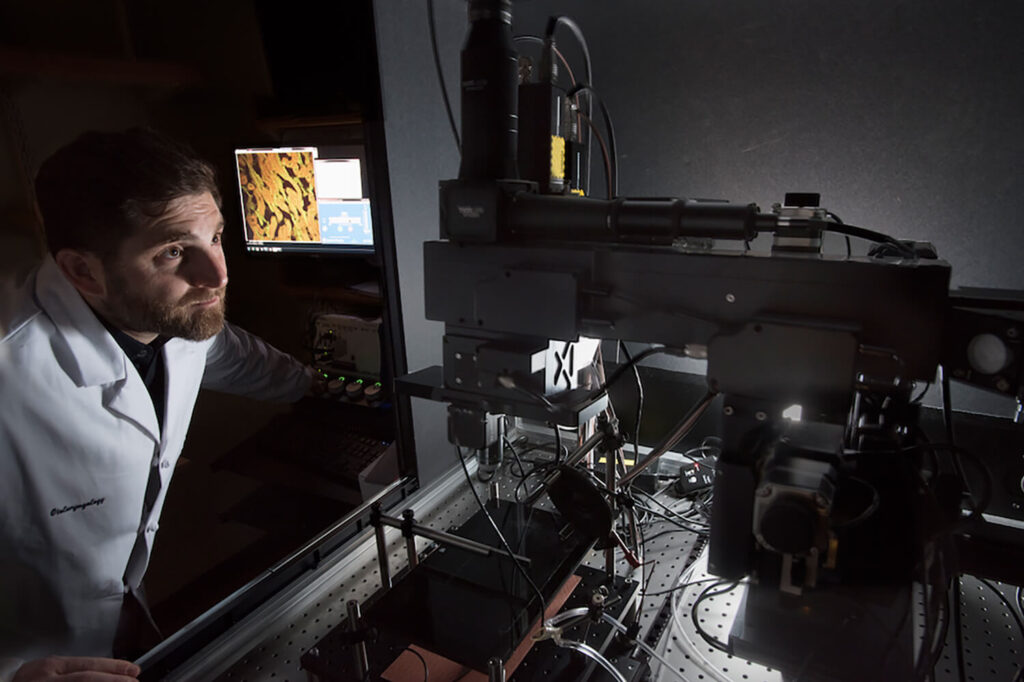
Who Am I?
For my day job, I’m a Professor at Harvard Medical School and the principal investigator of a large auditory neuroscience lab at Massachusetts Eye and Ear. My research focuses on how brain activity gives rise to our conscious awareness of sound and how brain plasticity modifies our perception of sound. I am particularly interested in developing new approaches to disrupt the neural activity patterns that cause tinnitus and sound sensitivity disorders. Our work spans many levels of analysis (cellular, circuit, systems, and cognitive/behavioral) and is conducted both in animal models and human subjects.
I also serve as the Director of both the Eaton-Peabody Laboratories (EPL) and the Lauer Tinnitus Research Center. The EPL is among the largest, oldest and most impactful hearing research centers in the world and the Lauer Center is a lens that focuses EPL’s research findings on topics related to tinnitus.
How Did I Become Interested in Tinnitus?
For most of my career, I worked on topics close to tinnitus but not directly on tinnitus, such as brain plasticity after hearing loss, neuromodulation, and perceptual learning. That began to change on April 15, 2013. That was the day of the Boston Marathon Bombings. In the days and weeks that followed, I kept hearing about how common and bothersome tinnitus was among the hundreds of people near the two blasts. My colleagues and I offered to help by programming software to measure and try to alleviate the tinnitus burden among the survivor community. My interest in tinnitus therapies began to form at that time and is now becoming my singular professional obsession. Also, I have chronic tinnitus and sound sensitivity. Fortunately for me, both are relatively mild.
Why Am I Excited to Be a Part of Tinnitus Quest?
First and foremost, I’m optimistic. I sincerely believe that if we flip the script on tinnitus research, make a few good decisions and catch a few lucky breaks, we can find ourselves in a radically different position than we are in now when it comes to safe, accessible, and effective therapies.
But I’m also frustrated. I’m frustrated that a chronic sensory disorder this common and this debilitating can garner so little funding, so few clinical trials, and so little interest among the most capable researchers in the neuroscience community. I’m frustrated that biotech companies and pharmaceutical firms take so little interest in tinnitus. I’m frustrated that so little of the academic research is focused on treatments. I’m frustrated by how burdensome it is for researchers to apply for large grants and how burdensome the oversight of clinically oriented research has become.
I have many funded grants and a productive laboratory, but I’m frustrated by how much more difficult it is to get funding for interventional research that could lead to therapies than for purely basic research. I have been (anonymously) on Tinnitus Talk for years and have spent countless hours reading posts and discussions. But I’m frustrated that so few of my colleagues take the time to tune into the community discussions to hear their hopes, their frustrations, and their urgency.
I had a call with Sven, Hazel, and Markku and vented some of these frustrations. It turned out they shared many of these same perspectives and indeed had founded Tinnitus Quest to address many of these very points. After that conversation, I knew this was something I wanted to be a part of.
What Are My Ideas for a Grants Program?
I just accepted this position a few weeks ago, so my first priority has been to identify the best people to work with me on the Innovation Board. I’m pleased that I will be joined in this effort by two of my close colleagues, Thanos Tzounopoulos (University of Pittsburgh) and Stéphane Maison (Mass Eye and Ear / Harvard). Between the three of us, our expertise spans from molecular pharmacology to clinical audiology and from hair cells to neocortex.
As for the grants program, for now I would just say that the process should be competitive, nimble, and different. The standard approaches for soliciting, evaluating, and funding proposals aren’t working well enough. A more specific answer will depend on the total amount of funding we have to distribute, so stay tuned.
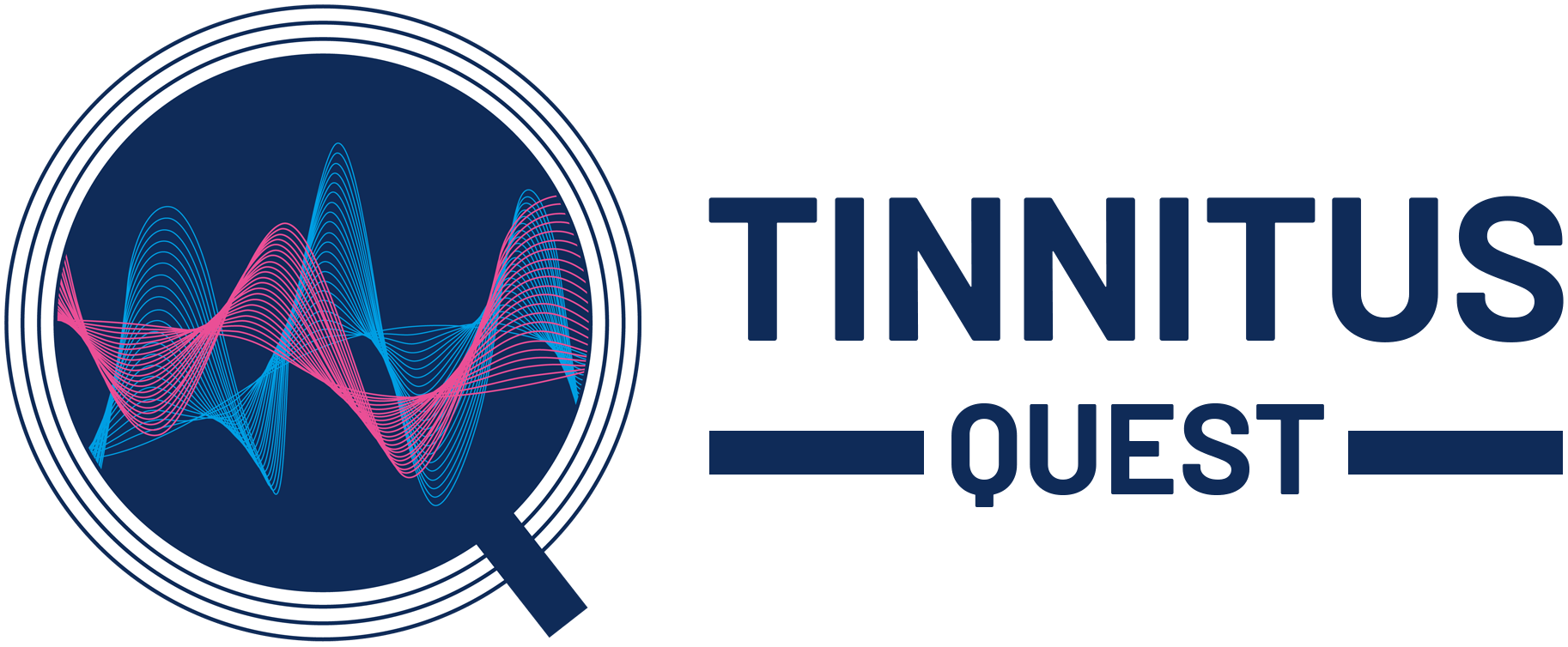

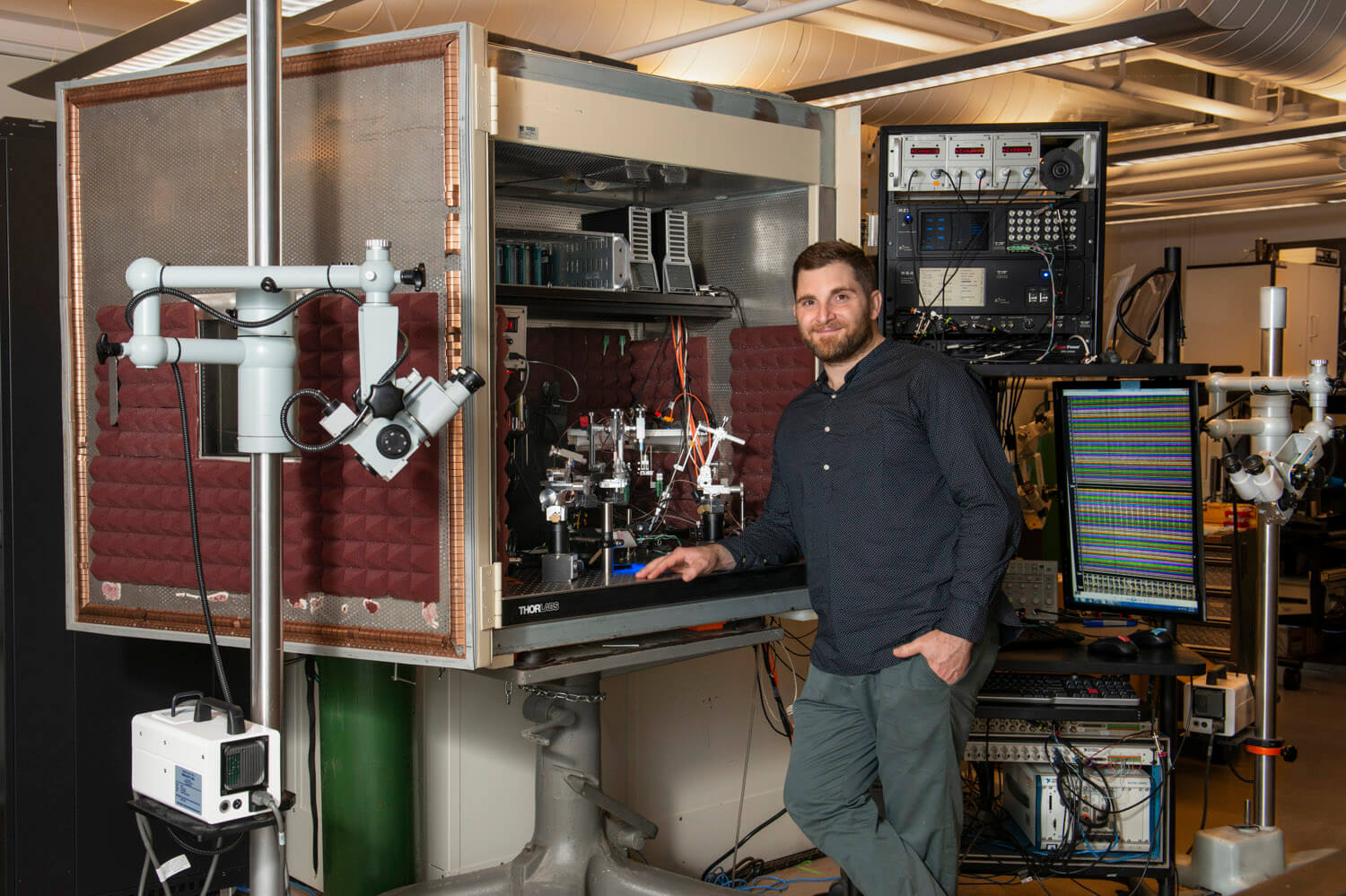
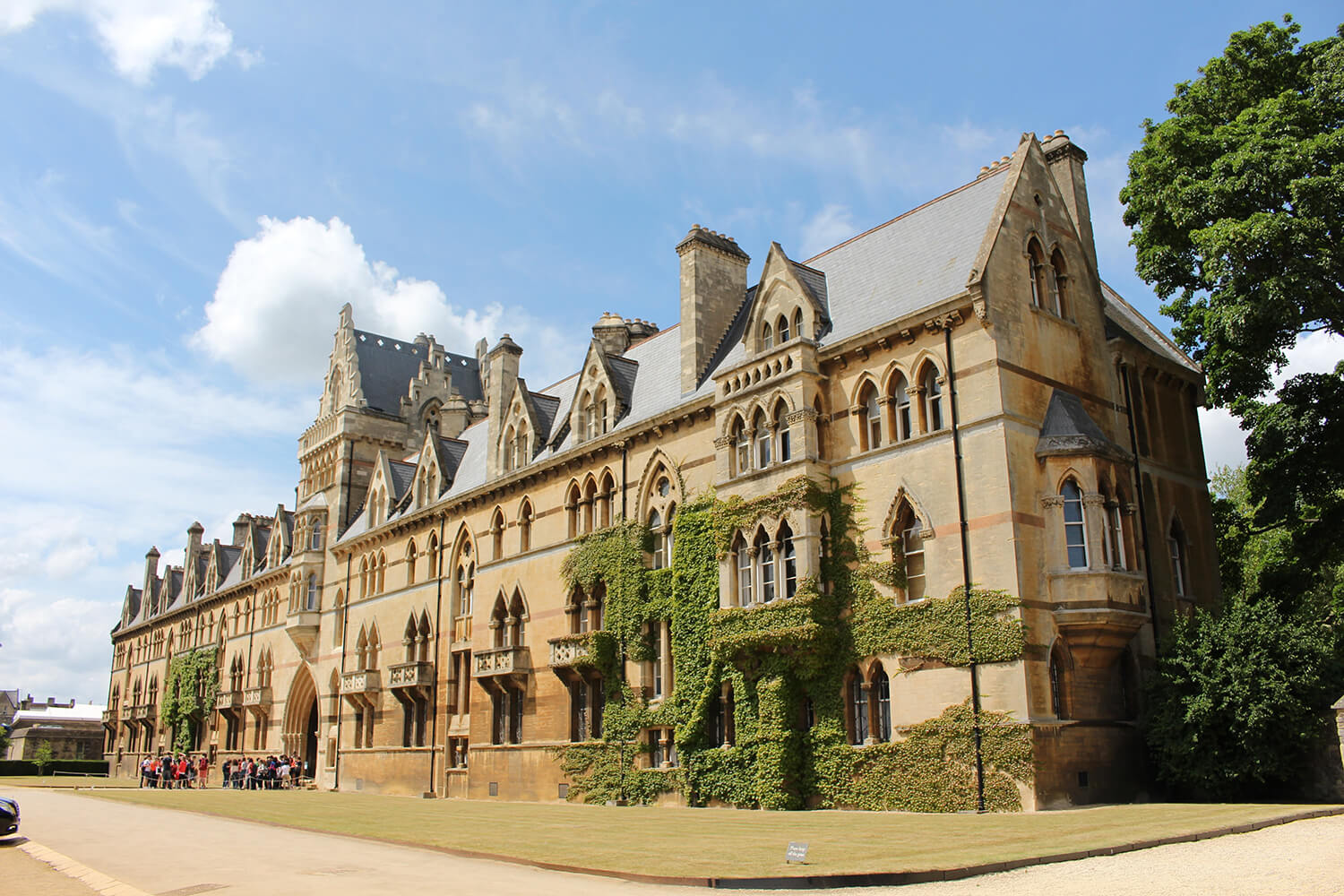
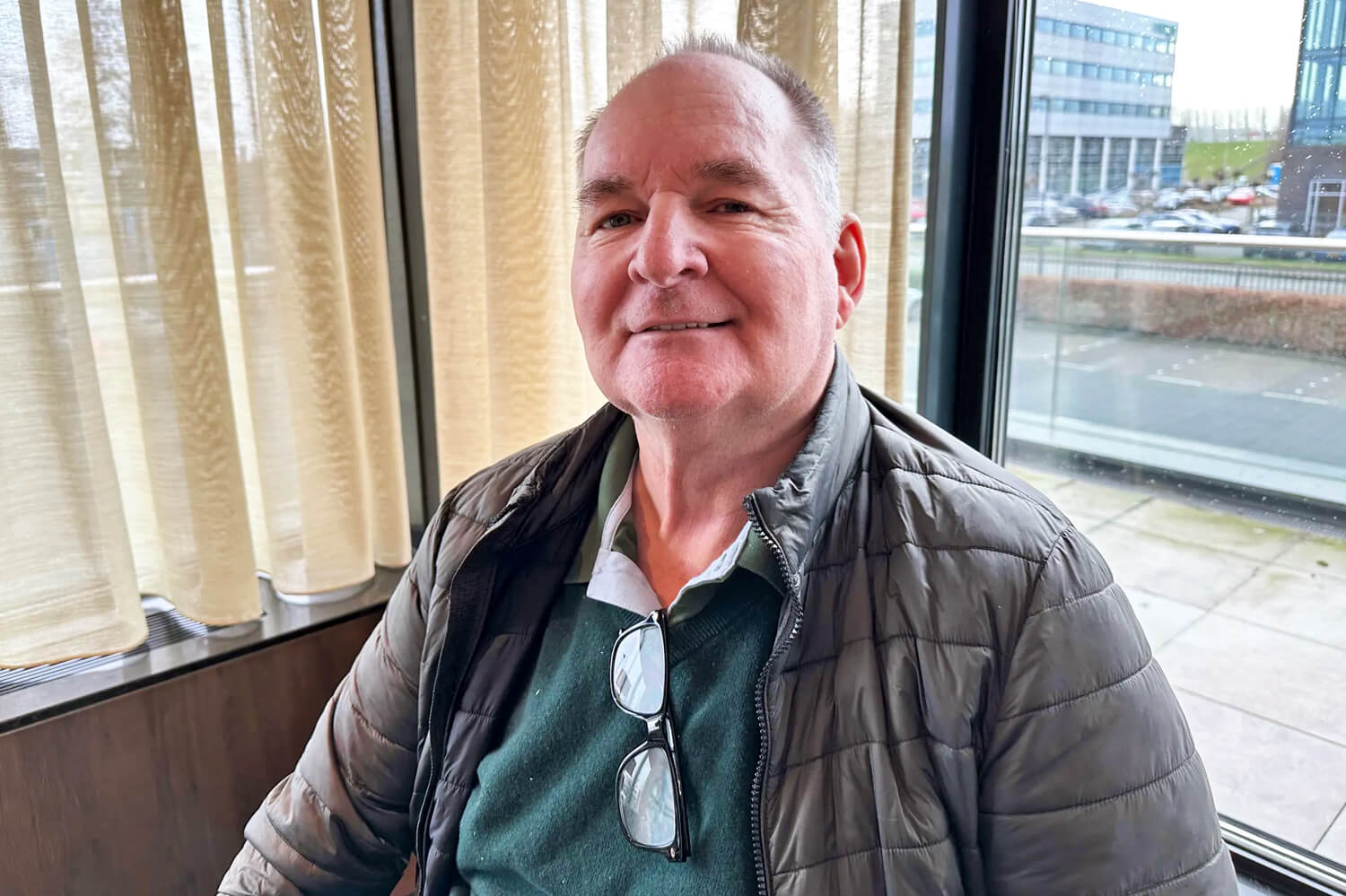
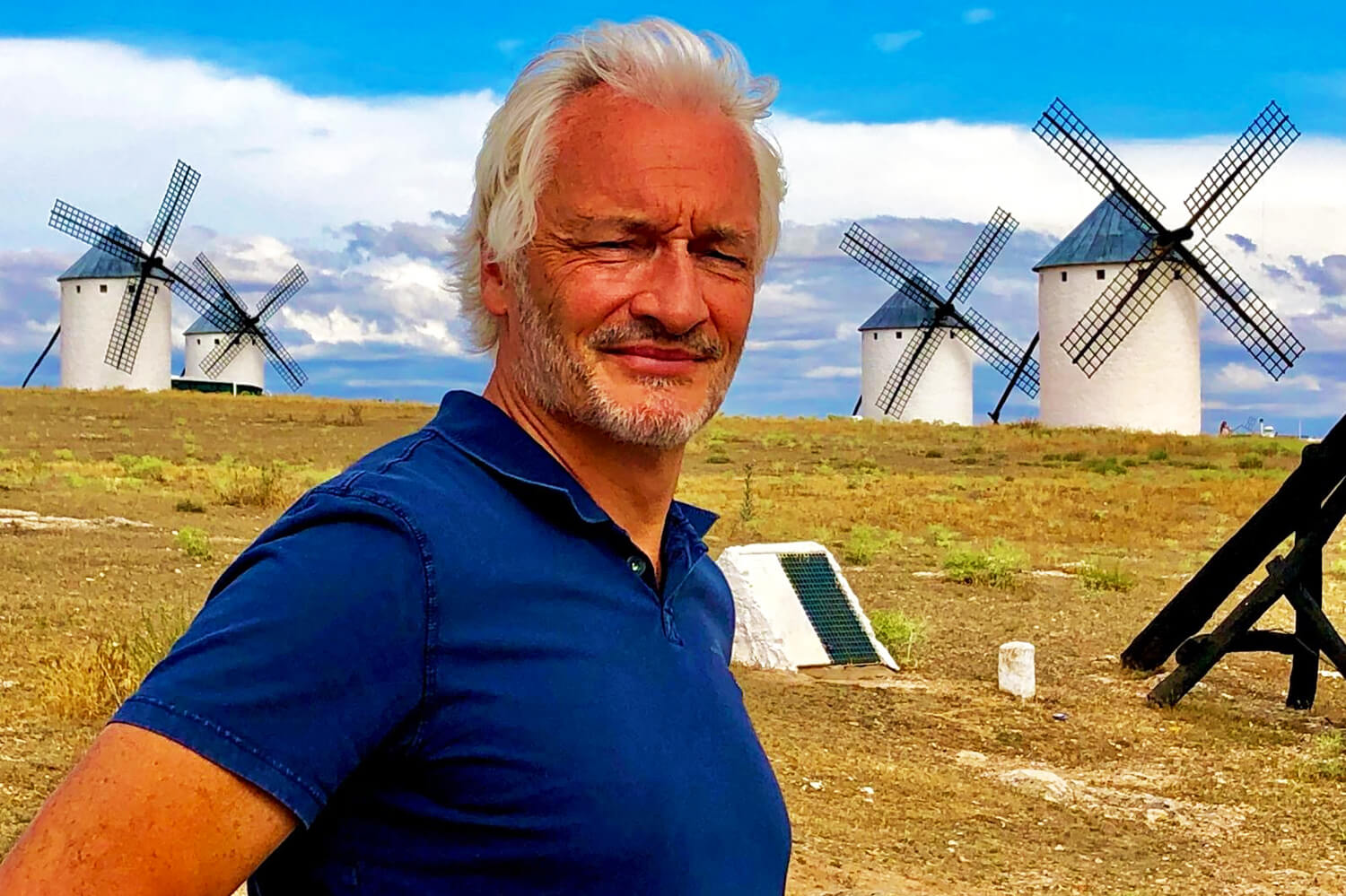
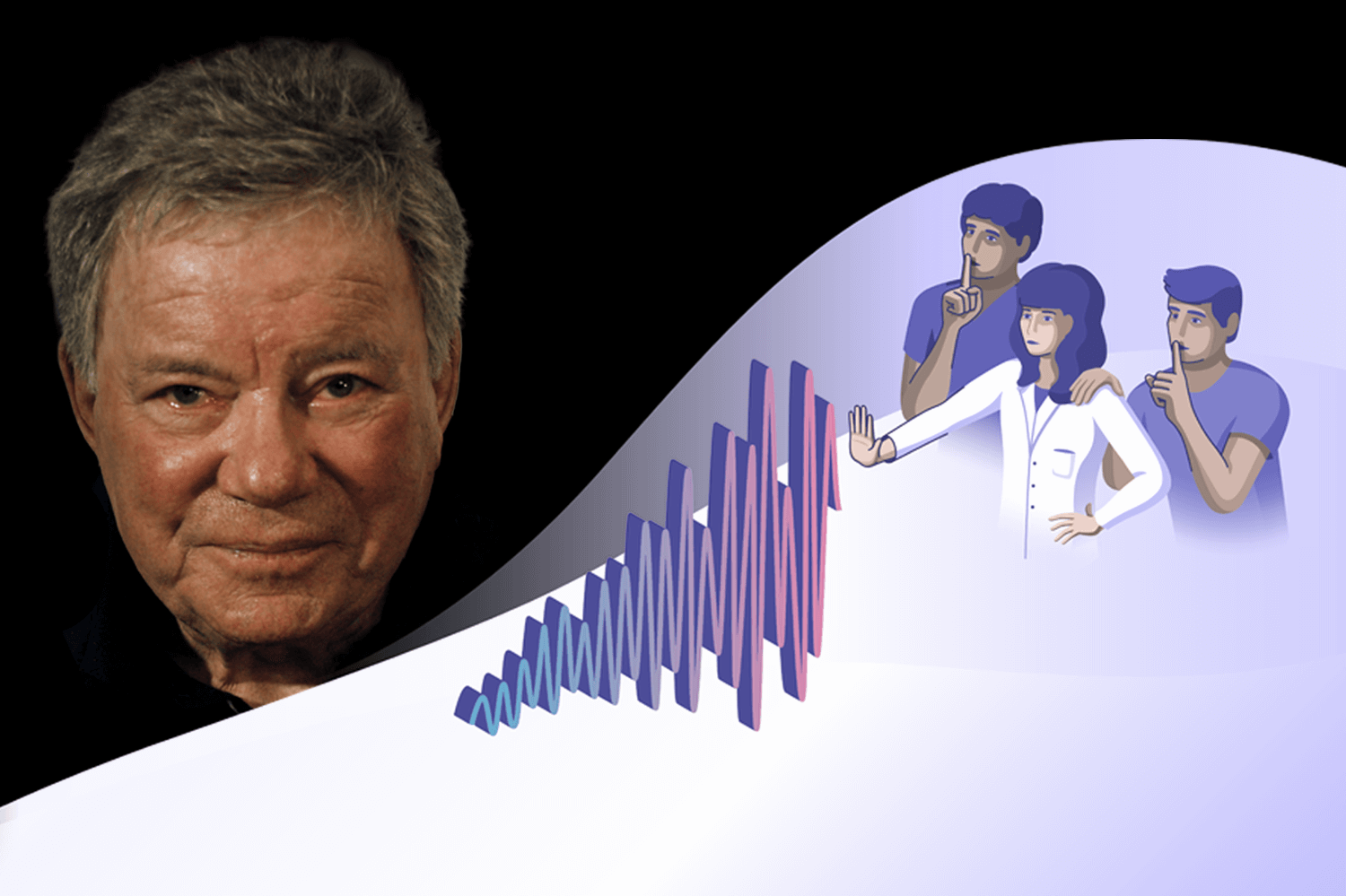
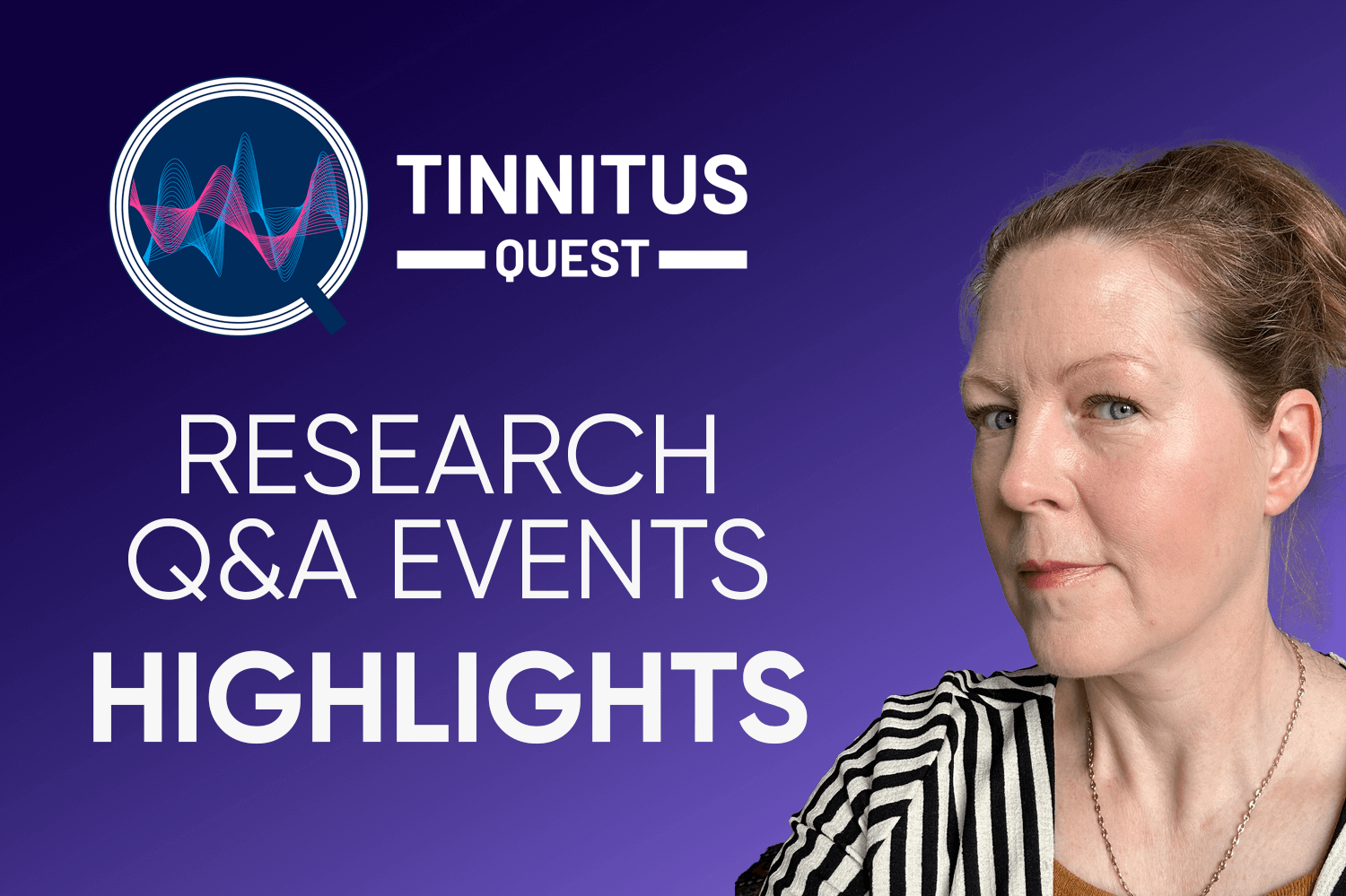

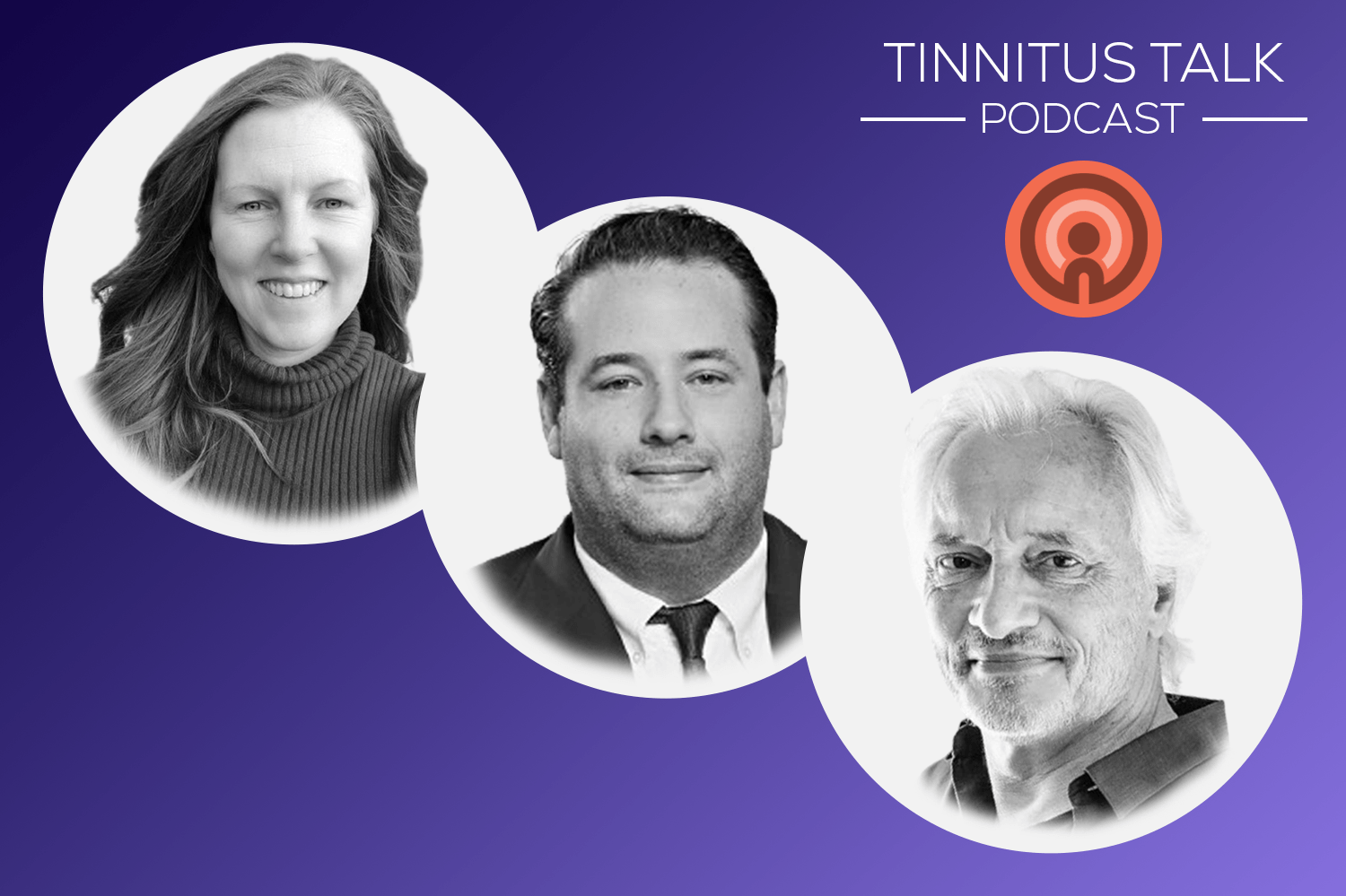
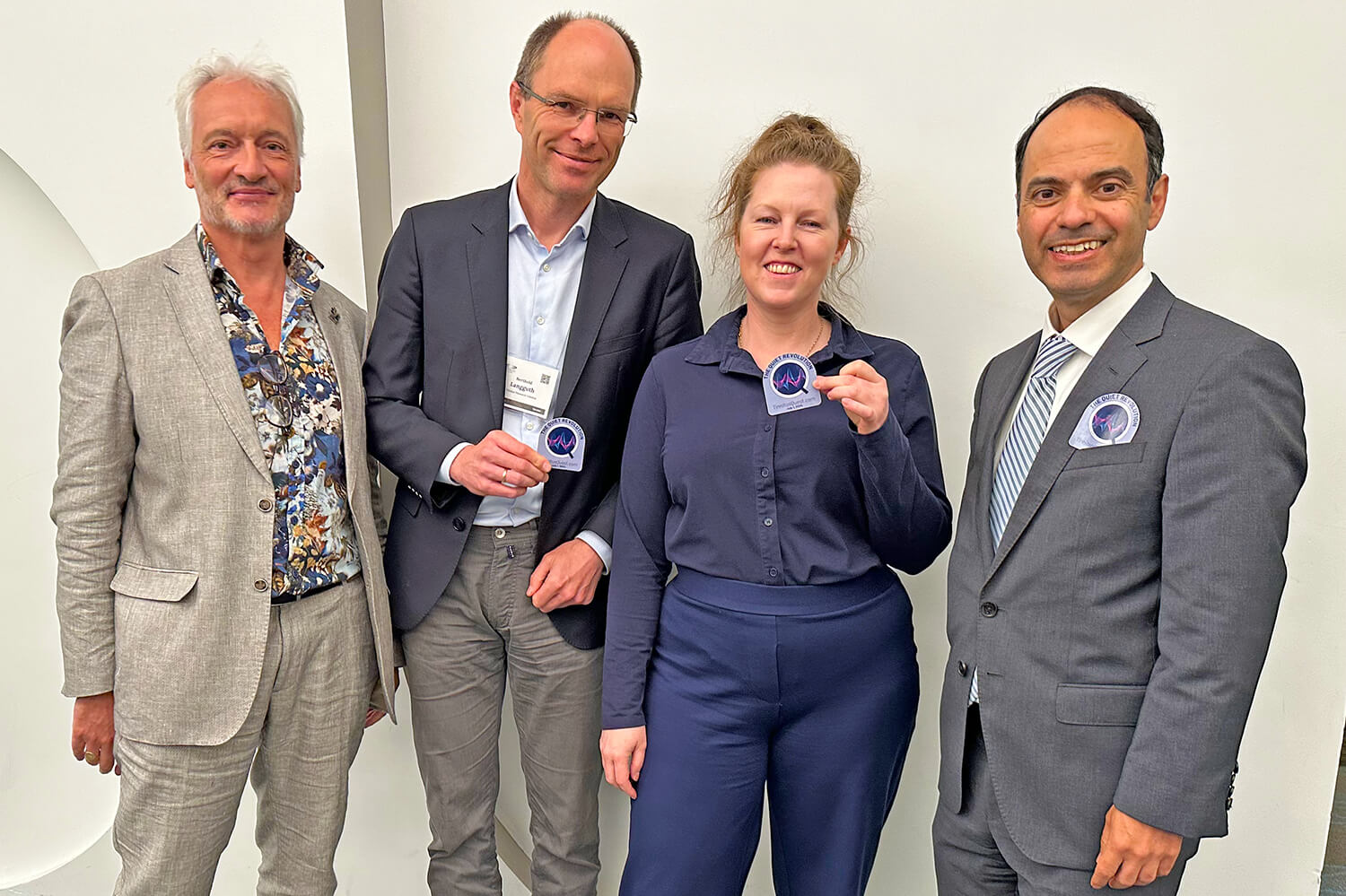

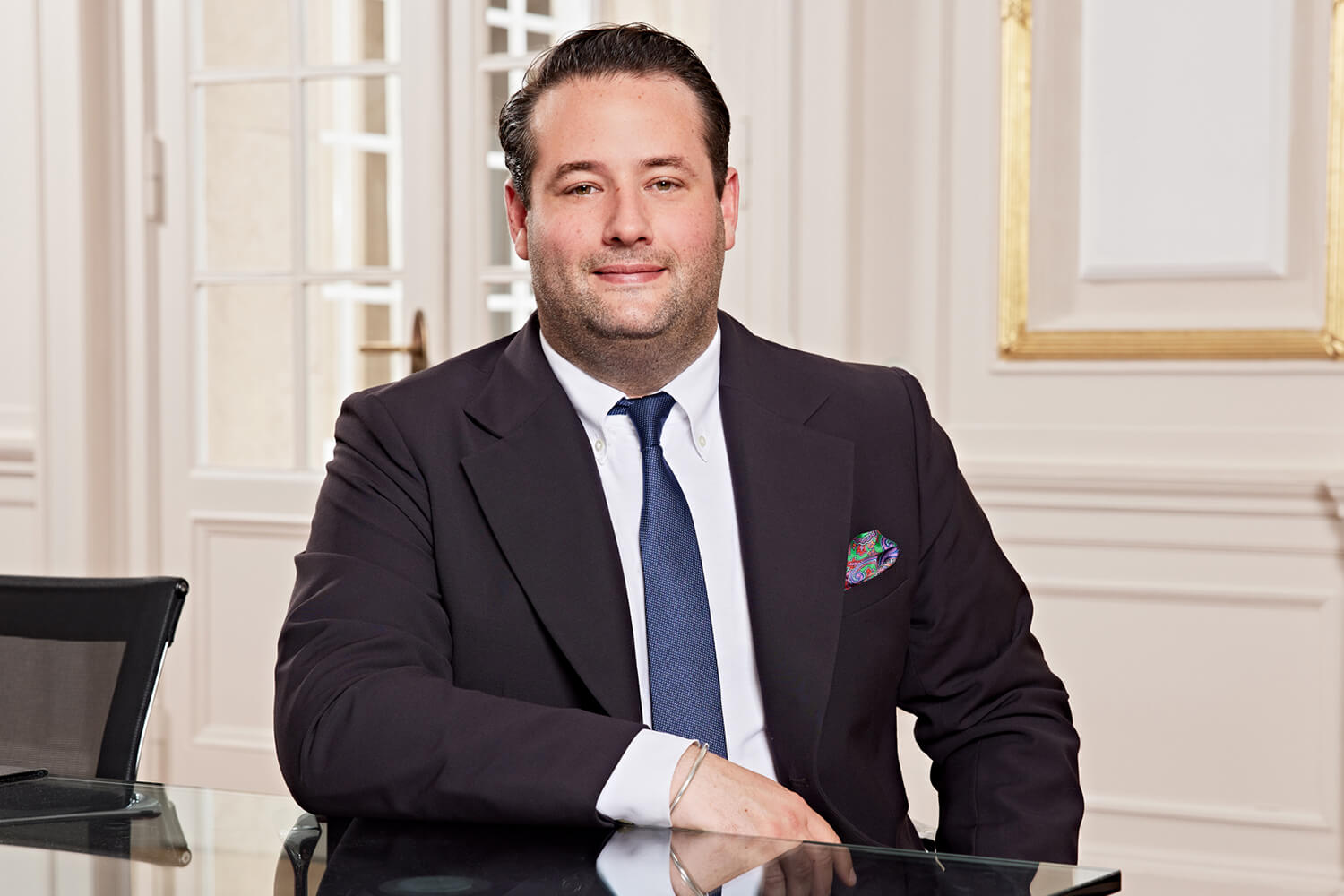
22 Comments
Welcome, Dan. It’s great to have you here! Let’s do this!
This is truly great news!!!
Wow. I am thrilled to hear you, Dr. Polley, are joining the team at Tinnitus Quest.
The work that you and Dr. Maison are doing at MEE is giving me hope for a quiet future.
Thank you for all you and the Tinnitus Quest team are doing.
Bill
Welcome, Dan. I wish you the best of luck and pray for your success.
I have had severe tinnitus for 15-plus years. I don’t sleep much and, therefore, am not able to enjoy life as I had hoped. I am physically healthy and fit at 78 years old but sleep-deprived. 😤😤
Congratulations, Dr. Polley! I’m so excited to hear Dr. Maison will help guide the efforts of the Innovation Board as well.
As many of us who suffer from this horrible affliction know, I can’t believe it has taken so many years of tinnitus awareness and enduring suffering to reach this point. Deep down, I always felt something wasn’t right. I couldn’t understand why an affliction like tinnitus, which affects so many, seemed to be placed on the back burner.
Thank you, Dan, and the rest of your team and colleagues at Tinnitus Quest, for finally bringing much-needed hope to the tinnitus community.
18+ years of tinnitus for me. Unfortunately, I’m very skeptical. Welcome nonetheless.
Other neuroscientists have been striving for a cure for over 20 years. Collaboration with these individuals would be warranted by Dr. Susan Shore & Dr. Tsanopoulos. We can’t wait another 20 years for a cure. I have been struggling for years with this debilitating condition.
Good luck in your quest!
With extraordinary minds like Dr. Polley and others, we can and will defeat this debilitating reality.
Yes indeed! Welcome aboard, dear Daniel. It truly is fantastic and a privilege! I love the fact that you’ve been on Tinnitus Talk for years (anonymously)! Much gratitude.
As a non-professional member of this community and a long-time chronic sufferer, it already feels like such an exciting journey… who knows what lies ahead?!
Best wishes to you. Thank you 🙏
Welcome Dan and thank you for wanting to make a difference!
I love your sense of focus and commitment to the cause. Godspeed, we need you!
Glad you are on board, Dan.
Welcome! We need all the help we can get, especially those of us with Meniere’s.
I developed tinnitus and otosclerosis at the same time when I was 30 years old. I’m now 65. Stapedectomies helped hearing loss but not tinnitus as I had hoped. It is affecting my brain, I’m losing balance, concentration, verbal skills and memory.
How can I become a research participant at MEE?
Thank you to everyone on Tinnitus Quest for your work.
I developed tinnitus at the age of 13 in 2011, initially due to a common cold. It was very mild and barely noticeable at first. Unfortunately, it worsened after I went through cold turkey withdrawal from medications I didn’t even need to take—a mistake that remains the biggest regret of my life.
This condition has left me feeling depressed and fearful about the future. At just 26 years old, I hold onto hope that a solution will be found within my lifetime.
Good luck to everyone navigating this journey.
This condition makes me feel so lonely and isolated from the rest of the world. It has caused an episode of self-harm. I’m in my twenties, and hopefully, I won’t have this for the rest of my life… I want to be able to enjoy time with my family. I feel sad seeing the places that I went to when I was a kid with no tinnitus. It’s like grief.
Welcome. I believe that this horrible condition can one day be cured. Knowing that there are people like yourself now dedicated to helping find a cure makes me believe this will happen! The tinnitus in me has gotten worse and is trying to take over my life! I have hope that a cure will be found! Please! It has to! This is no way to live!
This sounds very encouraging, and I wish you all the best! I donated a bit :).
I think you’re absolutely right—discovering a cure might be easier than we imagine. We just need to keep trying, experimenting, and aiming high. Let’s focus on achieving real volume reduction, not just another coping strategy or habituation device.
I hope you receive help from Harvard and support from the Tinnitus Quest. Please find something that can make a difference. I’m not sure how much longer I can endure this—my case is catastrophic.
Dr. Polley,
It’s great to hear you are on the case!
I have suffered from medium-to-severe tinnitus since around the age of 11, and now at 75, I would still be exultant to be rid of it. Fortunately, my brain seems to cope when I am distracted or when the ‘ringing’ is drowned out. I am also grateful that I can sleep well despite it.
My deepest sympathies go out to anyone else who is afflicted. Tinnitus can be frightening, especially in the beginning, until some degree of early acclimatization occurs. I also believe there is an element of mental exhaustion that accompanies it.
Barring cochlear hair cell or brain regeneration, I am eager to see research, advances, and new treatments. It would feel divine to experience silence again!
I wonder if cochlear implants have ever helped alleviate someone’s tinnitus?
For me, loud noise aggravates my tinnitus, which is a constant source of pain and frustration.
Best of luck with your work!
I should add that my tinnitus started immediately after unprotected exposure to very loud metal hammering. Unfortunately, further unprotected exposures have led to a degraded auditory response and increased tinnitus volume.
Thankfully, my mind has an ability to “turn off” its perception or focus on the tinnitus, which allows me to fall asleep at night.
If you ever need a person you can do research on, I have had tinnitus since 1982. It started after a car accident that crushed my skull like an egg. I was told that the bone near my ear is broken.
Thanks.